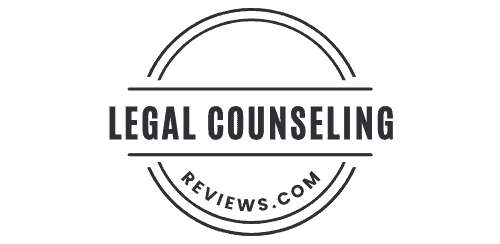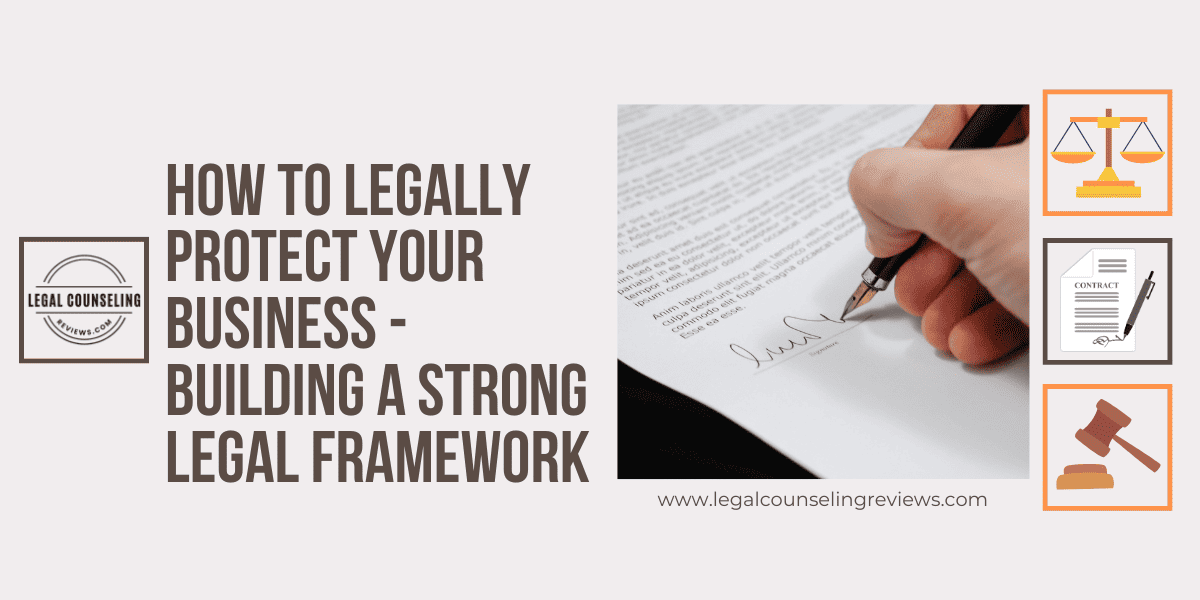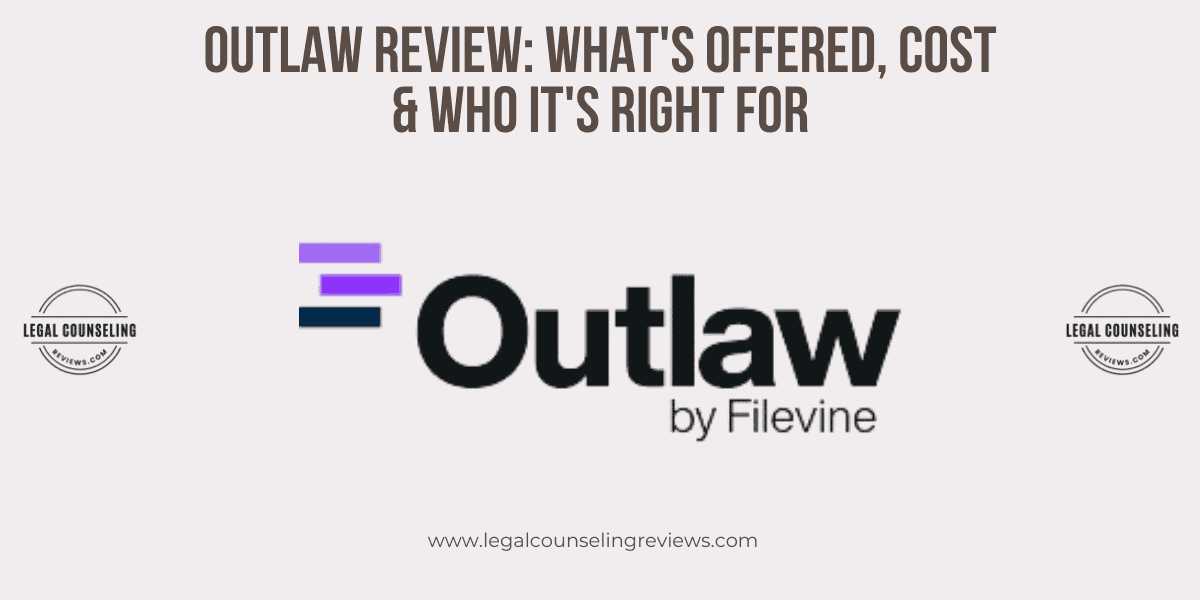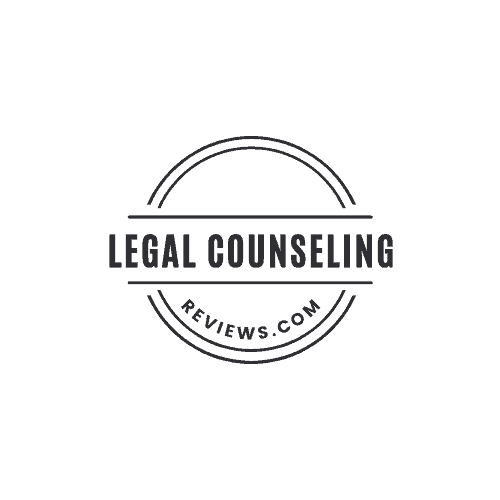Protecting your business is key to ensuring you’re in the business for years to come. In this article, we’ll go through the key points you need to consider if you want to know how to legally protect your business.
Building a Strong Legal Framework for Business Protection
Legal frameworks are imperative when starting a company, especially for a small business or a start-up with a unique product or service. The list of reasons for the need for a robust legal framework is long, but this article focuses on the main points—why this is relevant and how to protect and grow your business. Without further ado, let’s get started!
Ways to Legally Protect Your Start-Up Business
Before you start your small business, or if you have recently started your business, you need to focus on the following points to avoid getting lawsuits.
Start With Your Website
Business websites are the main introduction of your product or service to the market. Your customers can tell a lot about your business by the effort you put into the design, the UI of the site, your “About Us” page, etc.
Use this opportunity to protect your business by adding the privacy policy and separating a single T&C page where you explicitly explain your terms and how you use the client’s information. This works as a safety net for any potential lawsuits in the future.
Protect Your Intellectual Property
All businesses creating designs, content, marks, logos, or inventions need legal protection for their products. This will prevent the competitors from taking advantage of them, as you have strong grounds to pursue them legally.

However, the legal process of protecting your intellectual property is complex and requires consulting an expert on the topic. An intellectual property lawyer will guide you through your rights and further explain how to protect them if your competitors steal your ideas.
Set up Solid Legal Documents, Business Agreements, Contracts
Everything fails if you don’t have a solid legal background. And how do you prove you have one? By keeping records of all documents. Hence, saving signed contracts, agreements, statements, etc., is imperative to always stay protected.
This paperwork also includes employee contracts, safety regulations, risk management plans, proof of accordance with health standards, and more. It’s a complex topic for which is best to consult an expert. An attorney can take over the legal documents, business agreements, and contracts with clients or customers to ensure no grounds for any lawsuit.
Proactively Update Cybersecurity and Privacy
Since hacking into accounts and data breach is more than common nowadays, employers must proactively update cybersecurity and privacy policies due to possible data breaches. If you deal with sensitive customer information, you are legally bound to protect their information while using your services.

It’s best to disclose this information in the “Privacy Policy” section of your site.
But this is not just for customers—a data breach of your information is just as dangerous. Hackers may steal your product, money, bank accounts, or even your personal assets.
Utilize Business Lawsuit Insurance
Owning a business means that there will come a time when you have to face a lawsuit or pay some fines or other expenses. In some cases, business insurance can cover some costs. However, if you don’t have any, your business is expected to pay these expenses, which can be a setback for the company.
That is why having insurance is important. And if you want to grow your firm, then business lawsuit insurance is a must, as it can cover all expenses related to the lawsuit. Some policies worth considering are:
- Professional Liability Insurance: This policy covers costs made because of errors in your work.
- Commercial Auto Insurance: This policy covers damage to your commercial cars and properties in case of an accident. Additionally, the worker’s compensation insurance is included.
Do Your Research
Before you start your business, it’s best to do a little research. Check the basic legal matters, and go through simple financial terms, security, and insurance. You need to know at least know the basics before you start employing people so you don’t get a bad reputation. And once you know what you need, you can hire professionals who can guide you through the more complex things.
Why Legal Protection Is Important For Small Business Owners
Legal protection is crucial for all businesses, regardless of size. However, since small businesses are just starting, they usually don’t pay that much attention to legal protection. Hence, they may end up in loss of money and possible closure of the business.
Legal protection can prevent this. It reduces liability to your company and helps fight off fraudsters or those with malevolent intentions toward your business. By arming yourself legally, you can know your small business owner rights, secure your intellectual property and work through all obstacles.
Common Types of Small Business Lawsuits You May Face
As a small business owner, you should be prepared for the following lawsuits.
Product Liability
If you sell faulty products without notifying your customers (usually stores selling vintage items), you might get a product liability lawsuit. This doctrine would normally fall in the negligence category, but it’s usually associated with strict liability, and the business owner may be held accountable regardless of their knowledge or intent with the faulty product.
Breach of Contract
Another possible case scenario is a breach of contract. You have to stick to a signed contract or else get yourself and your business exposed to high expenses and a bad reputation. It’s best to have an attorney draft and create your contracts and sometimes double-check before you sign any document to ensure everything’s in place.
Employee Discrimination
A very common lawsuit today is employee discrimination. All contracts must state that no employee will be treated less favorably due to their race, nationality, religion, origin, skin color, sexual orientation, gender identity, disability, or status as a protected veteran. Breaching this results in a lawsuit that is usually hard to win.
Intellectual Property Theft
Just as you protect your IP, so will other companies. And if they deem you’ve infringed their right, then they may sue you for intellectual property theft. If you have protected your intellectual property, you will know how to avoid this lawsuit, but if you don’t, hire a lawyer immediately.
Workers’ Compensation
If you sign a legal contract with a person offering their services to you as an employer, you are bound to cover the monetary expenses to your employee in a given timeframe. If the employer fails to stick to the written and signed contract, the employee has the right to sue them.
Protecting Your Small Business: Key Takeaway
Protecting your business with a robust legal framework is more than necessary for meeting your business goals. Otherwise, you’re exposing your company to unnecessary expenses that could be used as investments in your firm’s future.
You can start researching legal protection on your own. But if you want to have peace of mind, then find an experienced lawyer who will guide you so you can make sure that your business is entirely legally protected.
Author

Raymond Hickman is a distinguished lawyer, writer, and legal commentator with extensive experience in various areas of law. He is widely recognized for his exceptional legal knowledge, insightful analysis, and engaging writing style, which have earned him a reputation as a leading voice in the legal profession.With his exceptional legal expertise, insightful analysis, and engaging writing style, Mr. Hickman has earned a reputation as a leading authority in the legal profession. His contributions to the field of law have been recognized by his peers, clients, and the wider legal community, making him a valuable resource for anyone seeking legal advice or insight.








